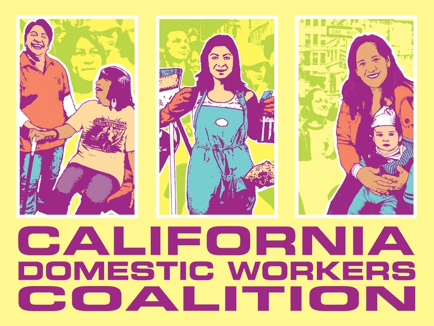Los Angeles Times |
SACRAMENTO — Roxana Sanchez has slipped and fallen on freshly mopped floors on the job. She’s gone home with bruises. She’s scrubbed away feces and blood.
She has two bulging disks in her back, arthritis in her wrist and chronic neck pain, problems she attributes to working long days cleaning houses for more than a decade.
Domestic workers like Sanchez, a 43-year-old immigrant from Mexico who lives in Los Angeles, are excluded from federal Occupational Safety and Health Administration protections that other employees across the country benefit from.
The California Legislature voted Thursday to make the state the first in the nation to include housekeepers, nannies and other household staff in laws requiring health and safety protections.
The fate of the bill now rests with Gov. Gavin Newsom, who has vetoed a similar proposal before, saying that while domestic workers “deserve protections to ensure that their workplaces are safe and healthy,” private households cannot be regulated by the state in the same way as businesses.
The pressure to sign the bill is on more than ever for the Democratic governor, who paid $288,000 in wages to household staff in 2019, according to his publicly released tax records.
Workers across the state are on strike demanding better pay and benefits, and influential unions are holding up the law’s exclusion of a workforce dominated by women of color as an emblem of California’s widening economic inequality.
“We want to be recognized like everyone else. We need health and safety, too,” Sanchez said while marching alongside hundreds of workers waving brooms and dusters outside the Capitol in Sacramento in late August. “Our families need us to stay safe.”
